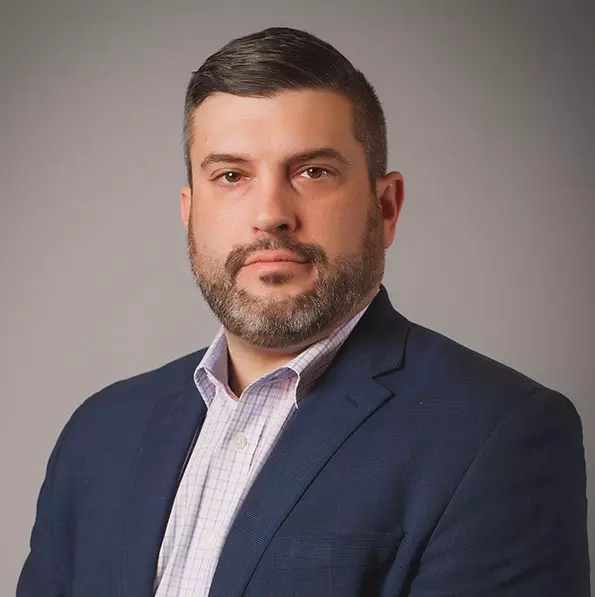By Nate Smolenski
In May, the National Institute of Standards and Technology (NIST) released the white paper, “Planning for a Zero Trust Architecture,” which illustrates how agencies can make this transition by leveraging the seven steps of the NIST Risk Management Framework (RMF): Prepare, categorize, select, implement, assess, authorize, and monitor.
“Zero Trust is not a single technology solution,” the paper states, “but a larger cybersecurity strategy and operational practice … [which] also requires the involvement of those who may not traditionally provide input on the risks to their charges. This input is vital; zero trust is a holistic approach to enterprise cybersecurity and requires support from managers, IT staff and general enterprise users.”
I wholeheartedly agree that effective across-the-board collaboration is needed for a successful transition to a zero trust architecture (ZTA). Most recently, I had the opportunity to discuss this along with other concepts from the paper and related topic points during a podcast with Verizon called “Securing the Homeland with Zero Trust.” While our podcast primarily focused on Department of Homeland Security (DHS) challenges, any government agency could benefit from the following additional steps – which also support RMF – and insights:
Commit to a cultural change. NIST SP 800-207 calls for the establishment of a ZTA governance policy and structure that allows the performance of authorized operations only after sufficient identity authentication. Teams should always consider the network as contested, while assuming that attackers are present.
This speaks to profound, ongoing changes that are impacting a range of IT cultural components: In the past, for example, everything revolved around the data center. But the users are the center of the universe now. They are digital natives who insist on using their own devices and tools for work. We have to accommodate them while applying ZTA to ensure a productive but protected environment.
The cultural change needs to include the addressing of legacy systems as well. Some agencies may cling to these anchors, even if they encourage counter-productive and potentially vulnerable silos. To move beyond this, security leaders should work with operations and business leaders in a spirit of complete collaboration. This is a major shift and everyone must get involved to determine if we “rip and replace” legacy technologies entirely or if we augment them so they fit into the new strategy.
Assess where you are. A comprehensive assessment will reveal where your agency is–and where it needs to be–to reach your targeted ZTA maturity level. Fortunately, government leaders are not starting from scratch. In fact, about one-half of agencies have a formal ZTA strategy in place and are actively implementing it, and nearly four of five federal cybersecurity decision-makers feel a “strong” sense of urgency in implementing ZTA.
Incorporate agility. The risk management component of ZTA is not a “one and done/set it and forget it” endeavor. We should seek to continuously improve and adapt risk management to the realities that employee-users in the field are facing. By applying an agile approach to every step and process of risk management, you are combining enhanced visibility, data-driven insights, orchestration, and automation to enable better decision-making that acknowledges the constantly changing requirements of the mission, and supports them.
I enjoyed taking part in the Verizon podcast, in which we expanded upon these and additional related topics. So I hope you get a chance to listen to it. (Best of all: It’s brief, at just over 13 and a half minutes!) Toward the end, I reiterated that the pursuit of risk management and ZTA is a journey. It is not bound to any finite timeline. It should continuously evolve as your agency evolves.
A commitment to collaboration will only help ensure a successful journey. At Netskope, we work closely with our government customers every day to address their cybersecurity challenges as partners. If you’d like to learn more, please contact us.
Nate Smolenski is the CISO and Head of Cyber Intelligence Strategy at Netskope.




 Back
Back
















 ブログを読む
ブログを読む